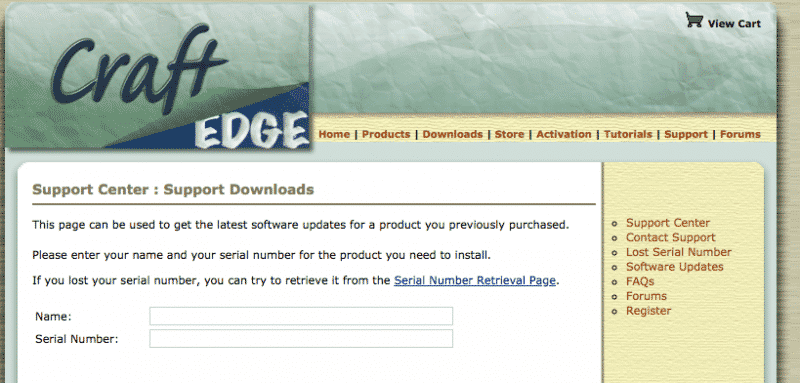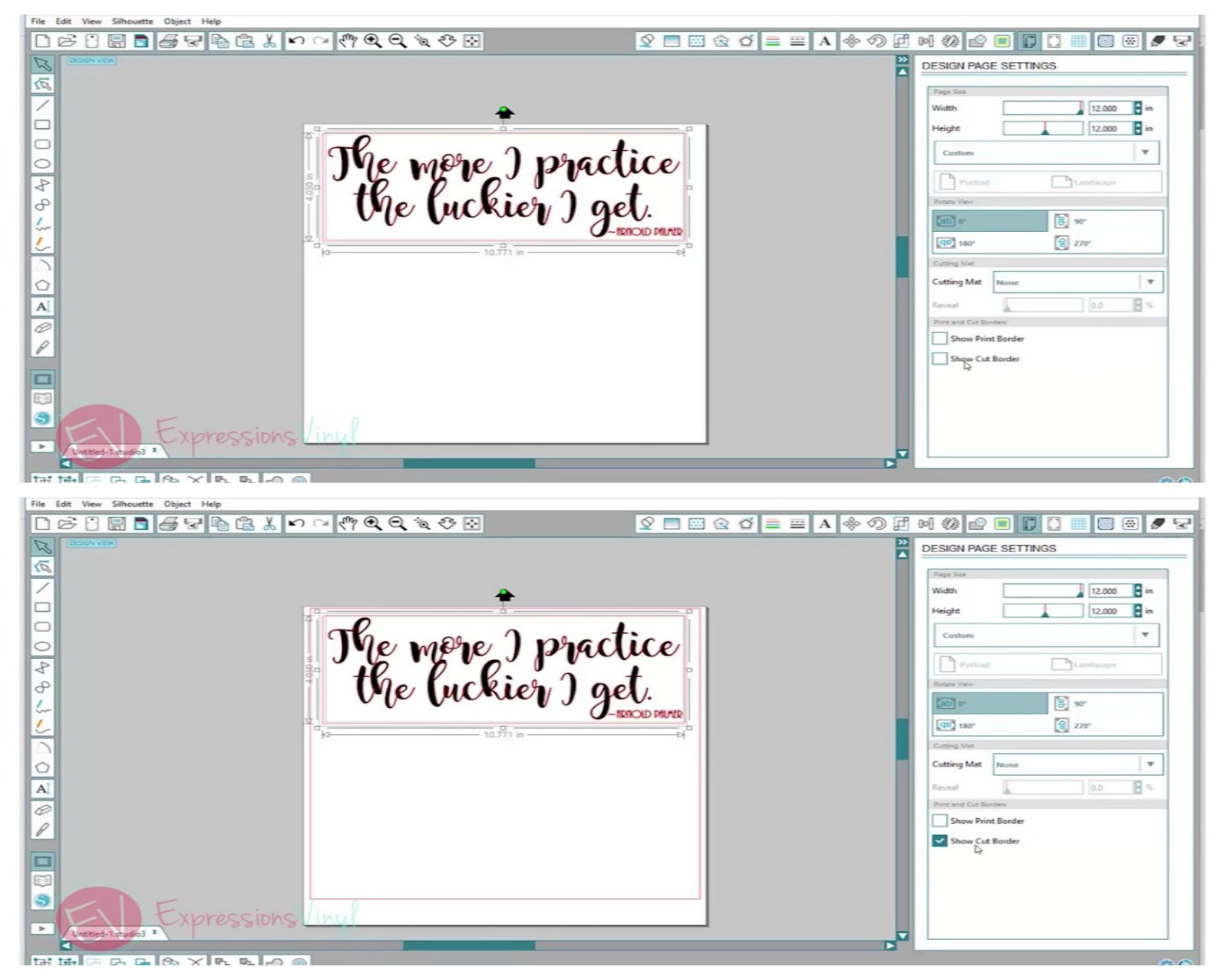

Hidden metadata, which is localized to a particular workspace, as well as metadataįiles found within a workspace project (e.g., the.

Opened by Eclipse SDK 4.1 and upgraded to a 4.1 workspace. This means that workspaces and projects created with Eclipse SDK 3.7. Workspace-compatible with earlier 3.x versions of the Eclipse SDK unless noted. Workspace Compatibility: Eclipse SDK 4.1 is upwards Usable with an earlier version of the Eclipse SDK. If source files use new Eclipse SDK APIs, they will not be SDK 4.1 APIs, although this is not guaranteed. To use Eclipse SDK 3.6 APIs might successfully compile and run against Eclipse With Eclipse SDK 3.6 except in the areas noted in theĮclipse 4.1 Plug-in Migration Guide. Source Compatibility: Eclipse SDK 4.1 is upwards source-compatible Refer toĮvolving Java-based APIs for a discussion of the kinds of API changes that maintain binary compatibility. Plug-ins for Eclipse SDKĤ.1 will not be usable in Eclipse SDK 3.6. Downward plug-in compatibility is not supported. Refer toĮvolving Java-based APIs for a discussion of the kinds of API changes that maintain contract compatibility.īinary (plug-in) Compatibility: Eclipse SDK 4.1 is upwardsīinary-compatible with Eclipse SDK 3.6 except in those areas noted in theĮclipse 4.1 Plug-in Migration Guide. There is no guarantee that compliance with Eclipse SDK 4.1ĪPIs would ensure compliance with Eclipse SDK 3.6 APIs. Programs that use affected APIs and extension points will need to be ported Compatibility with Previous Releases Compatibility of Release 4.1 with 3.7Įclipse 4.1 is compatible with Eclipse 3.7 (and all earlier 3.x versions).ĪPI Contract Compatibility: Eclipse SDK 4.1 is upwardsĬontract-compatible with Eclipse SDK 3.6 except in those areas noted in theĮclipse 4.1 Plug-in Migration Guide.
Make the cut 4.1.0 expression code#
The Eclipse SDK supports GB 18030 (level 1), the Chinese code page standard, Latin-1, DBCS, and BIDI locales are supported by the Eclipse SDK on all reference platforms. User interface elements provided by the Eclipse SDK components, including dialogsĪnd error messages, are externalized. The Eclipse SDK is designed as the basis for internationalized products. Significant community support for testing them. Java VM and OS versions but we cannot flag these as reference platforms without Non-reference platform that cannot be recreated on any reference platform willīe given lower priority than problems with running Eclipse on a reference platform.Įclipse 4.1 is tested and validated on the following reference platforms: Operating SystemĪs stated above, we expect that Eclipse works fine on other current Problems encountered when running Eclipse on a However, since we do not systematically test Eclipse undoubtedly runs fine in many operating environmentsīeyond the reference platforms we test. Popular combinations of operating system and Java Platform these are our reference


There are many different implementations of the Java Platform running atopĪ variety of operating systems. Java SE 5 level development everywhere, and extended development capabilities are madeĪppendix 1 contains a table that indicates the class Is targeted at all modern, desktop Java VMs. In general, the 4.1 release of the Eclipse Project is developed on a mix J2ME Foundation 1.1, J2SE 1.4, Java 5, etc). Portions are targeted to specific classes of operatingĮnvironments, requiring their source code to only reference facilities available Most of the Eclipse SDK is "pure" Java code and has no direct dependence In order to remain current, each Eclipse Project release targets reasonably current Upgrading a Workspace from a Previous Release 6. OSI Certified is a certification mark of the Open Source Initiative.Įnvironments 2.
Make the cut 4.1.0 expression software#
This software is OSI Certified Open Source Software. Eclipse Project Release Notes 4.1 Eclipse Project Release Notes


 0 kommentar(er)
0 kommentar(er)
